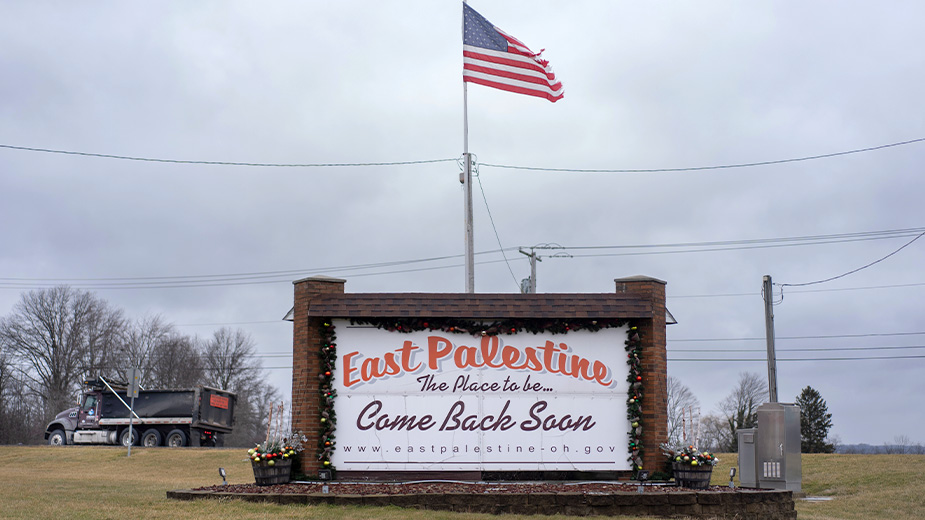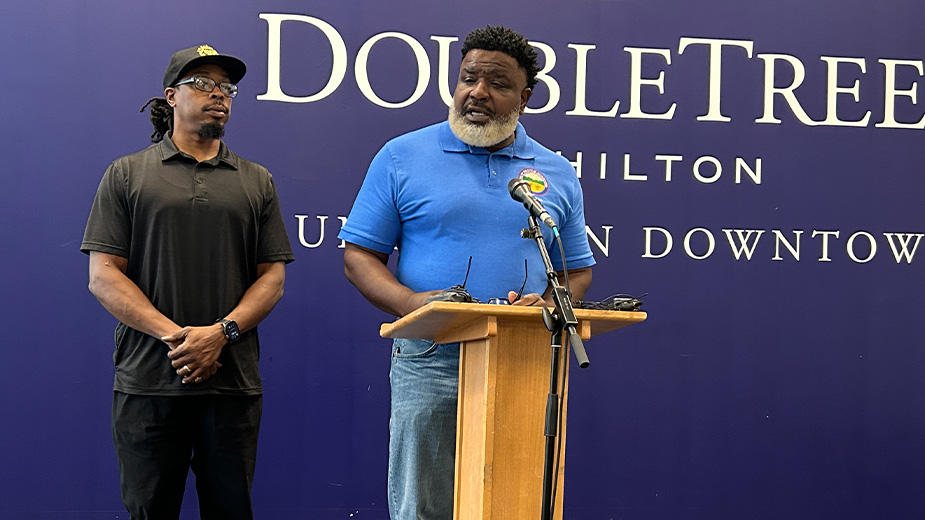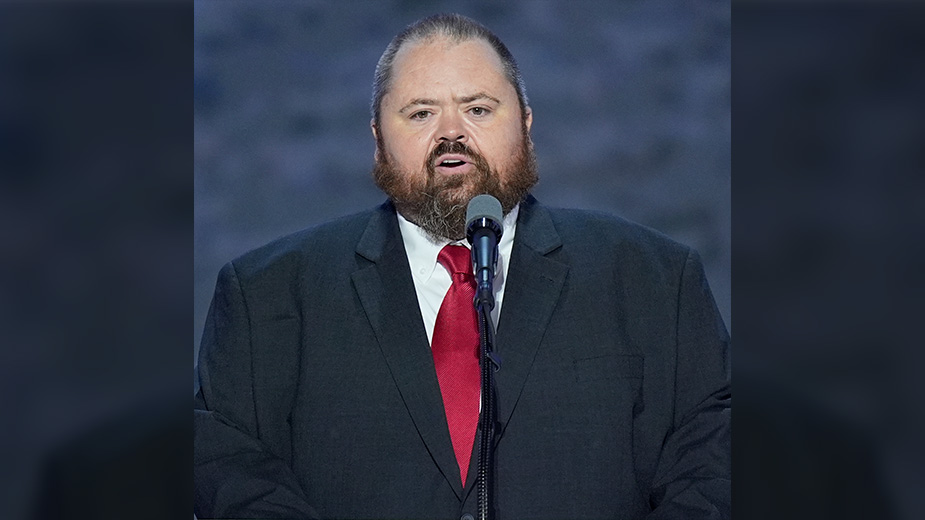YARS Commander is a Homegrown Leader
VIENNA TOWNSHIP, Ohio – For two decades, Col. Daniel Sarachene has called the Mahoning Valley home.
From the time he got his first assignment at the Youngstown Air Reserve Station in 1992 until he assumed command of the 910th Airlift Wing Feb. 1, he has spent his entire military career – save for three years as vice commander of Niagara Falls Air Reserve Station – in Vienna Township.
It’s where he moved up the ranks, first as a pilot with the 757th Airlift Squadron and eventually as a squadron commander at the air station. Even during his stint in upstate New York, he kept his home in Austintown, making the 3½-hour commute as needed.
Which is what made his appointment as wing commander even more special. It marked the first time since the late 1960s that a Mahoning Valley resident had been chosen to lead the base.
“I was absolutely excited and a little nervous, thinking, ‘What did I get myself into?’ ” Sarachene says. “It was mixed feelings and just hoping that I could do the best job for the airmen here and reflect well on the base and region.”
It’s not that other wing commanders haven’t done a good job – praise for the previous leader, Col. James Dignan, was widespread when he left – but having someone local meant there was a much shorter learning curve.
Sarachene has an intimate knowledge of the 910th’s mission, of its members, of its resources and of the community around it. That allowed him to hit the ground running.
A native of Pensacola, Fla., who grew up in southern New Jersey, Sarachene’s introduction to the Mahoning Valley came after he graduated from Kent State University in 1989. He applied to the Air Force Reserve shortly after, going to officer candidates’ school in 1990 and pilot training a year later.
For four years after getting his wings, he was a pilot in the 757th Airlift. In 1996, he became an instructor and evaluator pilot in the 773rd Airlift before being assigned as chief pilot of the 910th Operations Support Squadron in 2004.
Among the operations he’s participated in are Operation Desert Calm, Operation Iraqi Freedom, Operation Provide Promise in Bosnia and Herzegovina, and Operation Noble Eagle in the aftermath of 9/11. He also flew missions during the 910th’s work following hurricanes Katrina and Rita, as well as the cleanup in the Gulf of Mexico after the Deepwater Horizon oil spill.
“My greatest memories from here are the opportunities to go other places. We went to see Mother Theresa in India, went to Thailand, were deployed in South and Central America and Europe,” he says. “Those opportunities to do something, to go to the places you see on CNN, members of this base have been integral in that.”
Currently, he is on active duty until a vice commander is named for the base. Then, he’ll return to his civilian job as a pilot for Delta Airlines, splitting time evenly between the two positions.
As wing commander, Sarachene is responsible not only for ensuring the reservists at the station are prepared for their mission, but dealing with the community outside the base and politicians here, in Columbus and in Washington.
“He has to be savvy enough to operate in all of those environments,” says Col. Donald Wren, commander of the 910th Mission Support Group. “What helps him do that is trust. He has to trust me and the other group commanders. Trust is earned and he was quick to come in and read the landscape.”
Wren has been stationed at the air reserve station just over a year and although he’s worked with Sarachene only a few months, he says the wing commander has made his job easier simply by knowing the base and how the units operate.
“When a wing commander comes in and understands the mechanics of a wing and isn’t so operation-centric, my life is good,” Wren says. “He knows that when I’m asking for things, it’s not because I just want it. It’s because we need it to keep the mission going. … He doesn’t focus on one area. He is a full-spectrum commander from end to end without any gaps.”
Part of what enables Sarachene to widen his focus is he knows the people who work there, some of whom were here before the colonel left for Niagara Falls. Many of those people, he says, played a role in getting him to the position he fills today.
“I have a lot invested and a lot of people I’ve come across here have given me guidance and training. This offers me the opportunity to return that,” he says. “This base provides a lot to the community and I’m happy to be in a position to make good decisions for the long-term and be a continuance of that.”
That will be Sarachene’s responsibility for the next three years until the Pentagon and Air Force Reserve Command give him a new assignment. The three years he spent at Niagara Falls Air Reserve Station helped him learn the details of the job and how to balance military, political and community efforts. While his view of the base is different than when he arrived as a pilot in 1992, that experience can only serve him well, he says.
“Having been here, I know the paths to take and not have to do a lot of extra work for background,” the wing commander says. “I know the members I can rely and for those I [don’t know], I can put effort into learning the nuances from new people.”
In the coming years, Sarachene sees a bright future for a base that faced uncertainty just a decade ago. But, he adds, the decision-makers are in D.C. All the Youngstown Reserve Air Station can do is work to make sure its mission – and its successes – are known.
“We enjoy excellent community support and have a strong work ethic among our airmen who come to the base. We have excellent facilities and enjoy an airspace that allows us to do all the training we need to do. There’s a lot of good here,” Sarachene says. “It’s up to us to communicate those resources to the decision-makers and hopefully they can see the opportunity here.”
Pictured: Col. Daniel Sarachene was first assigned to Youngstown Air Reserve Station in 1992. Today, he leads the station.
Copyright 2024 The Business Journal, Youngstown, Ohio.



